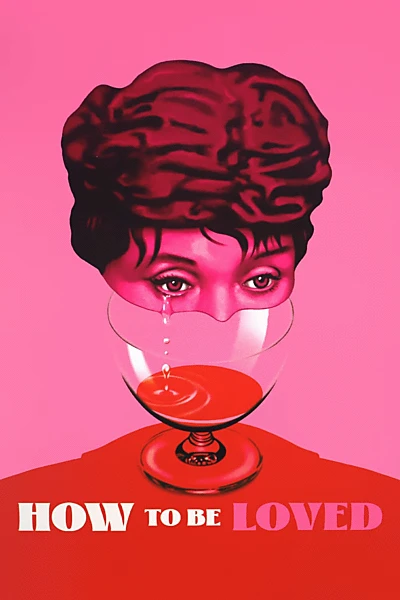The Doll (1968)
November 7, 1968Release Date
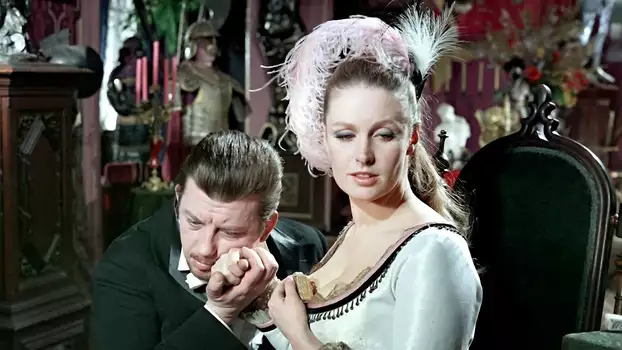
Plot.
Where to Watch.
 Subs
Subs Subs
Subs Subs
SubsCurrently The Doll is available for streaming online, rent, buy or watch for free on: BFI Player, BFI Player Amazon Channel, BFI Player Apple TV Channel
Streaming in:🇬🇧 United Kingdom

Cast & Crew.

Beata Tyszkiewicz
Izabela Łęcka

Mariusz Dmochowski
Stanisław Wokulski

Tadeusz Fijewski
Ignacy Rzecki

Jadwiga Halina Gallowa
Zasławska

Wiesław Gołas
Krzeszowski

Kalina Jędrusik
Wąsowska

Jan Koecher
The Prince
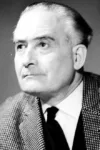
Jan Kreczmar
Tomasz Łęcki

Tadeusz Kondrat
Szlangbaum
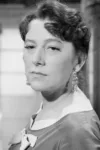
Halina Kwiatkowska
Krzeszowska

Andrzej Łapicki
Kazimierz Starski

Jan Machulski
Julian Ochocki
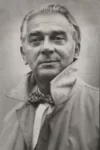
Józef Pieracki
Doctor Szuman

Janina Romanówna
Countess Joanna Karolowa

Anna Seniuk
Magdalenka

Irena Szramowska
Florentyna

Władysław Dewoyno
Jan Machalski

Ludwik Benoit
Krzeszowski's Butler

Aleksander Fogiel
Szprot
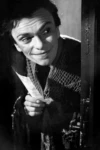
Krystyna Feldman
Magdalenka's 'Guardian'

Henryk Hunko
Journalist
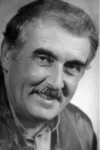
Julian Jabczyński
Mraczewski
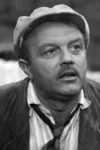
Eliasz Kuziemski
Krzeszowska's Lawyer
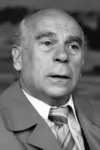
Janusz Kłosiński
Prince's Attorney

Bogumił Kobiela
Lisiecki

Jan Kociniak
Bidder

Ryszard Kotys
Bidder
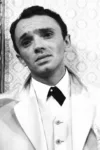
Krzysztof Litwin
Klein

Bernard Ładysz
Suzin

Józef Łodyński
Wokulski's Butler

Zdzisław Maklakiewicz
Maruszewicz

Artur Młodnicki
Marshall

Marian Opania
Węgiełek
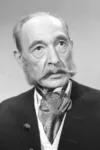
Tadeusz Ordeyg
Count Dalski
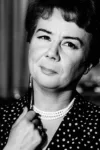
Irena Orska
Miss Meliton

Andrzej Płocki
Henryk Szlangbaum / Assistant Production Design
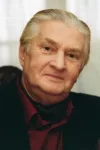
Igor Przegrodzki
Artistocrat
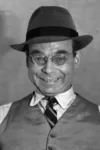
Jerzy Przybylski
Banker

Witold Pyrkosz
Bidder

Józef Retik
Łęski's Creditor

Elżbieta Starostecka
Ewelina

Paweł Unrug
Count, Krzeszowki's Second

Zygmunt Urbański
Mikołaj

Tomasz Zaliwski
Aristocrat

Zofia Czerwińska
Hopfer's Patron (uncredited)

Agnieszka Fitkau
Young Lady (uncredited)

Jadwiga Krawczyk
Woman in a Living Room (uncredited)

Jerzy Jogałła
Hopfer's Servant (uncredited)
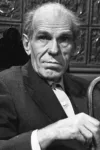
Zdzisław Karczewski
Łęski's Attorney (uncredited)
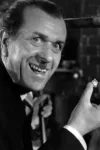
Wacław Kowalski
Wysocki (uncredited)
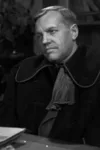
Andrzej Krasicki
Man at a Meeting (uncredited)

Herman Lercher
Łęcki's Creditor (uncredited)

Jerzy Moes
(uncredited)
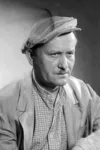
Czesław Piaskowski
Railwayman (uncredited)

Wojciech Solarz
Jewish Violinist (uncredited) / First Assistant Director

Franciszek Trzeciak
Paweł (uncredited)
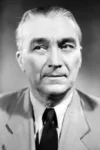
Kazimierz Wilamowski
(uncredited)
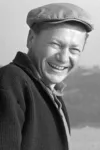
Wojciech Jerzy Has
Director / Screenplay

Wojciech Kilar
Original Music Composer

Elżbieta Meksz
Costume Assistant

Krzysztof Osiecki
Assistant Editor

Wiesława Borecka
Assistant Production Manager

Alicja Ptaszyńska
Costume Assistant

Mieczyslaw Lewandowski
Assistant Camera

Albin Wejman
Assistant Production Design

Julian Magda
Assistant Camera

Kazimierz Siczek
Sound Assistant

Edmund Siekierski
Assistant Production Design

Danuta Bonikowska
Assistant Editor

Mieczysław Sitarz
Assistant Camera

Jan Franciszczak
Sound Assistant

Albert Kuchnia
Assistant Production Design

Włodzimierz Wiśniewski
Sound Assistant

Konrad Bryzek
Conductor

Bronisław Stasiowski
Assistant Camera

Ryszard Jasionowski
Assistant Production Manager

Wanda Wojnar-Iliew
Assistant Production Manager

Wlodzimierz Kaczmarski
Assistant Production Manager

Wieslaw Tymowski
Assistant Production Manager

Henryk Wasilewski
Assistant Production Manager
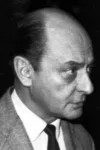
Ryszard Straszewski
Production Manager
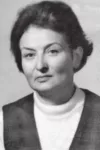
Zofia Dwornik
Editor
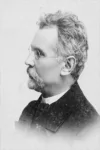
Bolesław Prus
Novel

Stefan Matyjaszkiewicz
Director of Photography

Halina Garus
First Assistant Director

Andrzej Berbecki
Assistant Director
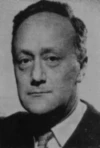
Kazimierz Brandys
Dialogue
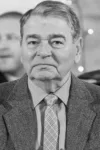
Tadeusz Kosarewicz
Assistant Production Design

Wlodzimierz Czachowski
Assistant Set Decoration
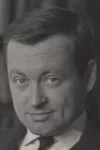
Jerzy Skarżyński
Costume Design / Production Design

Beata Bilska
Assistant Director

Andrzej Ramlau
Camera Operator

Adam T. Nowakowski
Production Design

Bohdan Bieńkowski
Sound

Zygmunt Kaźmierski
Assistant Makeup Artist
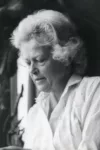
Lidia Skarżyńska
Costume Design
Media.







Details.
Release DateNovember 7, 1968
Original NameLalka
StatusReleased
Running Time2h 32m
Genres
Last updated:
Wiki.
The Doll (Polish: Lalka) is a 1968 Polish film directed by Wojciech Jerzy Has.
The film is an adaptation of the novel The Doll by Bolesław Prus, which is regarded by many as one of the finest Polish novels ever written. The influence of Émile Zola is evident, and some have compared the novel to Madame Bovary by Gustave Flaubert; both were Prus's contemporaries. The movie, however, may be more compared to Stendhal's The Red and the Black.
The Doll constitutes a panorama of life in Warsaw between 1878 and 1879, and at the same time is a subtle story of three generations of Polish idealists, their psychological complications, their involvement in the history of the nineteenth century, social dramas, moral problems and the experience of tragic existence. At the same time this story describes the disintegration of social relationships and the growing separation of a society whose aristocratic elite spreads the models of vanity and idleness. In the bad air of a backward country, anti-Semitic ideas are born, valuable individuals meet obstacles on their way, and scoundrels are successful.
This poetic love story follows a nouveau riche merchant, Stanisław Wokulski (played by Mariusz Dmochowski), through a series of trials and tribulations occasioned by his obsessive passion for an aristocratic beauty, Izabela Łęcka (played by Beata Tyszkiewicz).
You May Also Like.
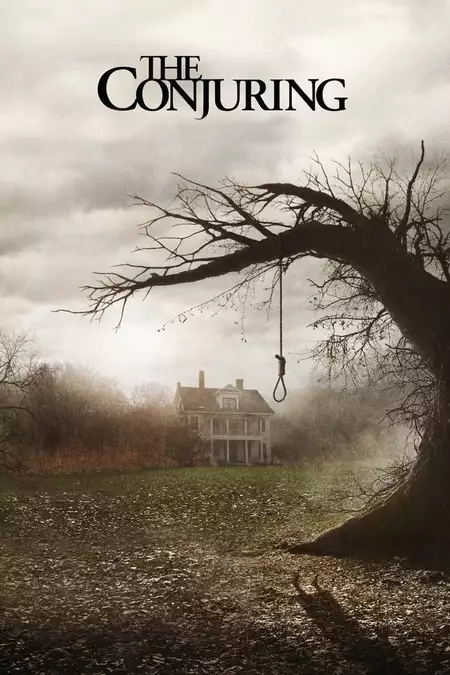
The Conjuring (2013)
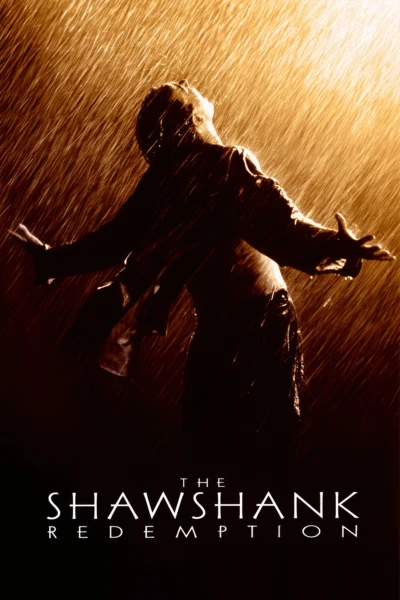
The Shawshank Redemption (1994)
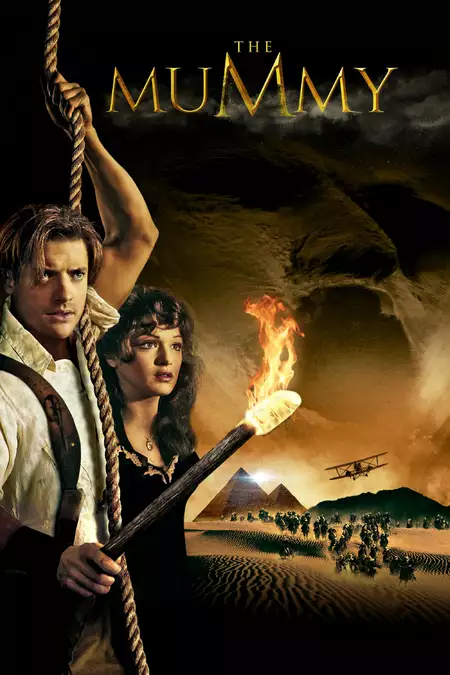
The Mummy (1999)

xXx: Return of Xander Cage (2017)
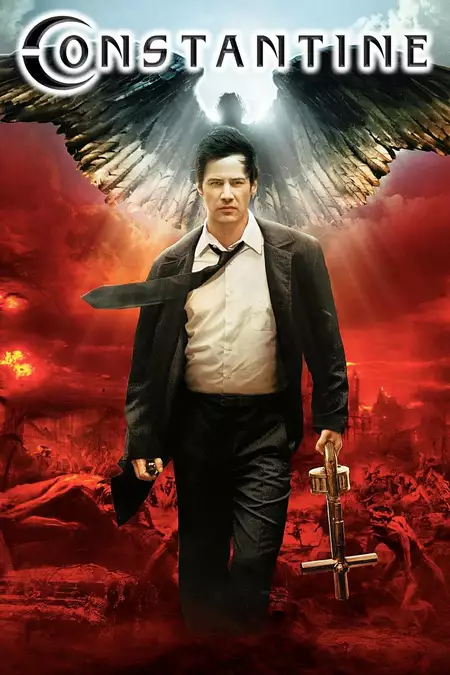
Constantine (2005)

Project X (2012)

The Mummy Returns (2001)

The Simpsons Movie (2007)
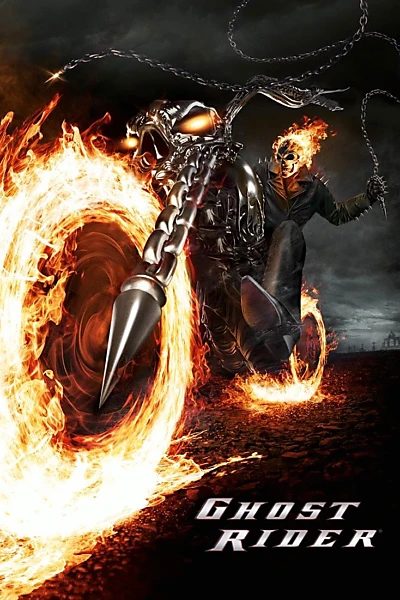
Ghost Rider (2007)

Hulk (2003)
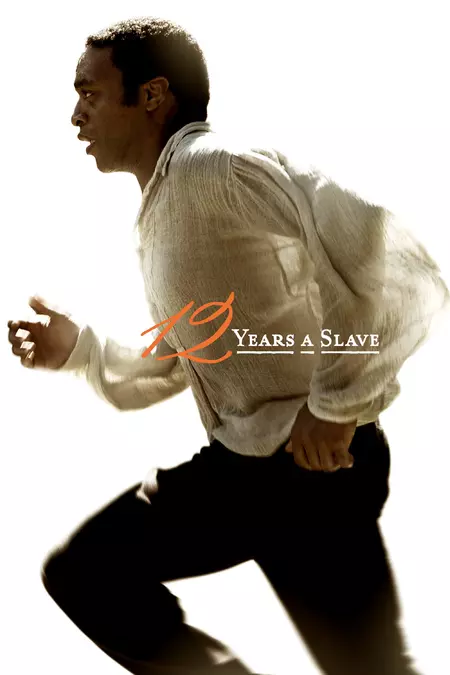
12 Years a Slave (2013)
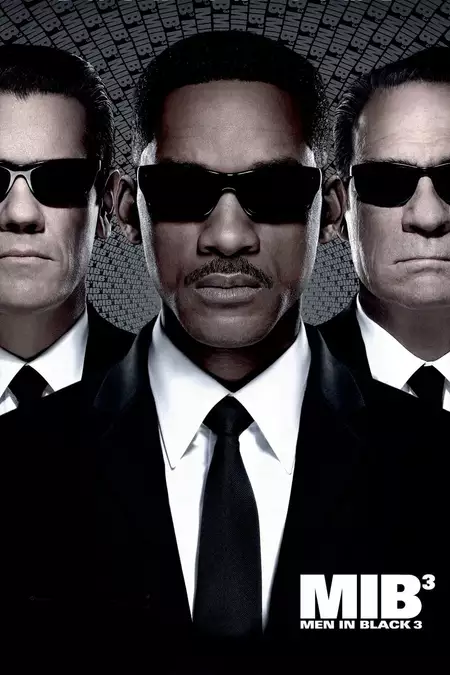
Men in Black 3 (2012)

Don't Breathe (2016)

Escape Plan (2013)

Easy A (2010)
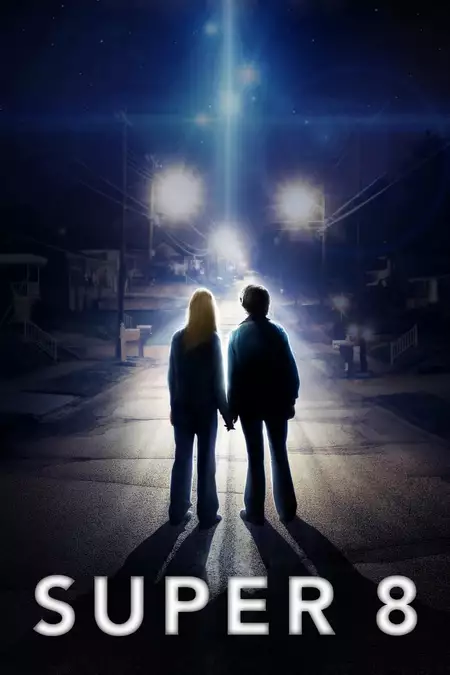
Super 8 (2011)
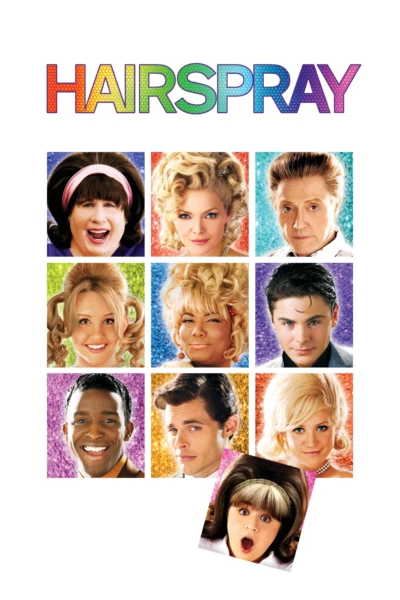
Hairspray (2007)

Pineapple Express (2008)
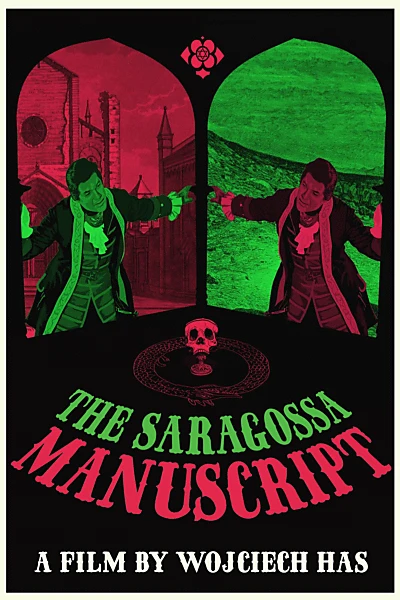
The Saragossa Manuscript (1965)
